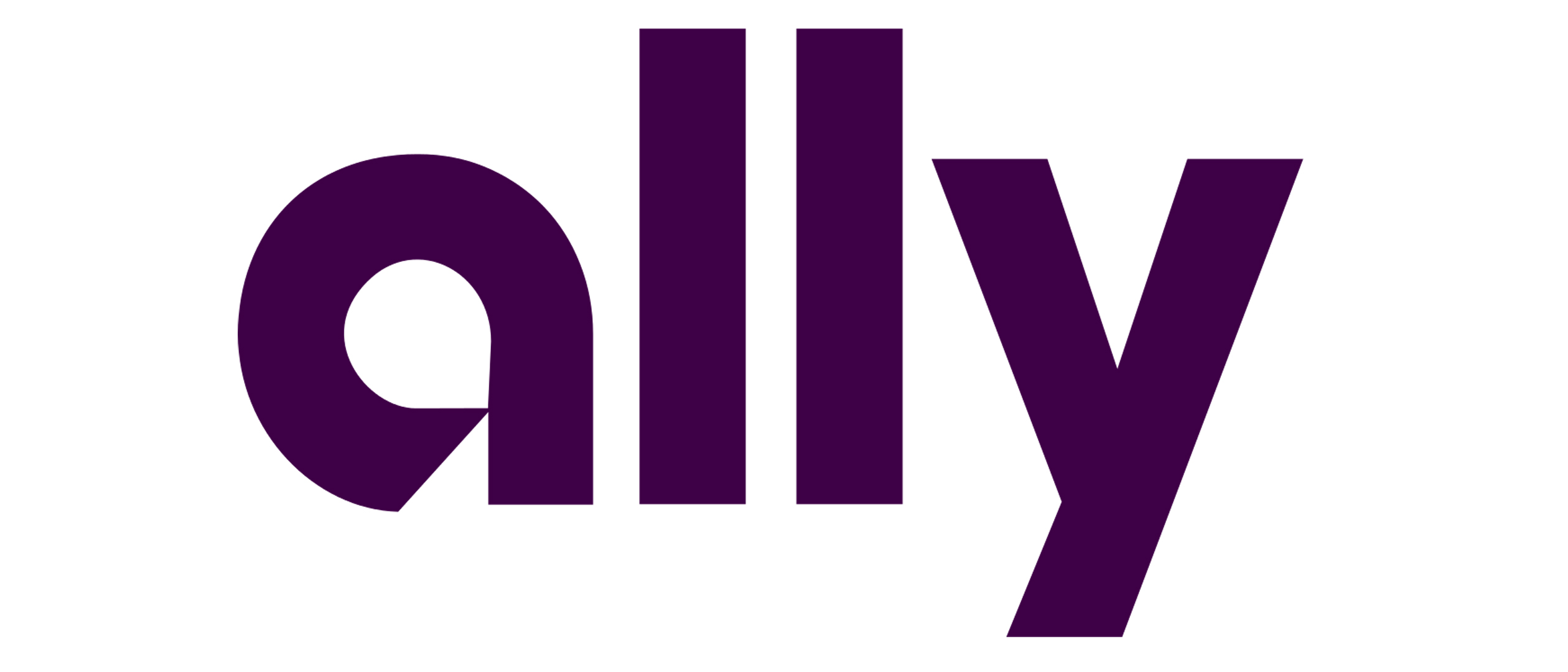

Markups can generate compensation for dealers while giving them the discretion to charge consumers different rates regardless of consumer creditworthiness. This is typically called “dealer markup.” Ally then shares some or all of the revenue from that increased interest rate with the dealer. Ally is one of the largest indirect auto lenders in the United States.Īs an indirect auto lender, Ally sets a risk-based interest rate, or “buy rate,” and then allows auto dealers to charge a higher interest rate when they finalize the deal with the consumer. When consumers finance automobile purchases from an auto dealership, the dealer often facilitates indirect financing through a third-party lender like Ally. And it will reinforce our determination to respond aggressively to discrimination in America’s lending markets – wherever it is found.”Īuto loans are the third-largest source of outstanding household debt in the United States, after mortgages and student loans. It will enable the Justice Department and the CFPB to work closely with Ally and others to prevent discriminatory practices in the future.

“By requiring Ally to provide refunds to those who are overcharged because of their race or national origin, this agreement will ensure relief for Americans who are victimized. “With this largest-ever settlement in an auto loan discrimination case, we are taking a firm stand against discrimination in a critical lending market,” said Attorney General Eric Holder. We look forward to working closely with the Justice Department and Ally to make sure this serious issue will be addressed appropriately in the years ahead as well.” “We are returning $80 million to hard-working consumers who paid more for their cars or trucks based on their race or national origin. “Discrimination is a serious issue across every consumer credit market,” said CFPB Director Richard Cordray. Today’s orders represent the federal government’s largest auto loan discrimination settlement in history. The CFPB and DOJ determined that more than 235,000 minority borrowers paid higher interest rates for their auto loans between April 2011 and December 2013 because of Ally’s discriminatory pricing system. and Ally Bank (Ally) to pay $80 million in damages to harmed African-American, Hispanic, and Asian and Pacific Islander borrowers and $18 million in penalties. The Consumer Financial Protection Bureau (CFPB) and Department of Justice (DOJ) today ordered Ally Financial Inc.


 0 kommentar(er)
0 kommentar(er)
